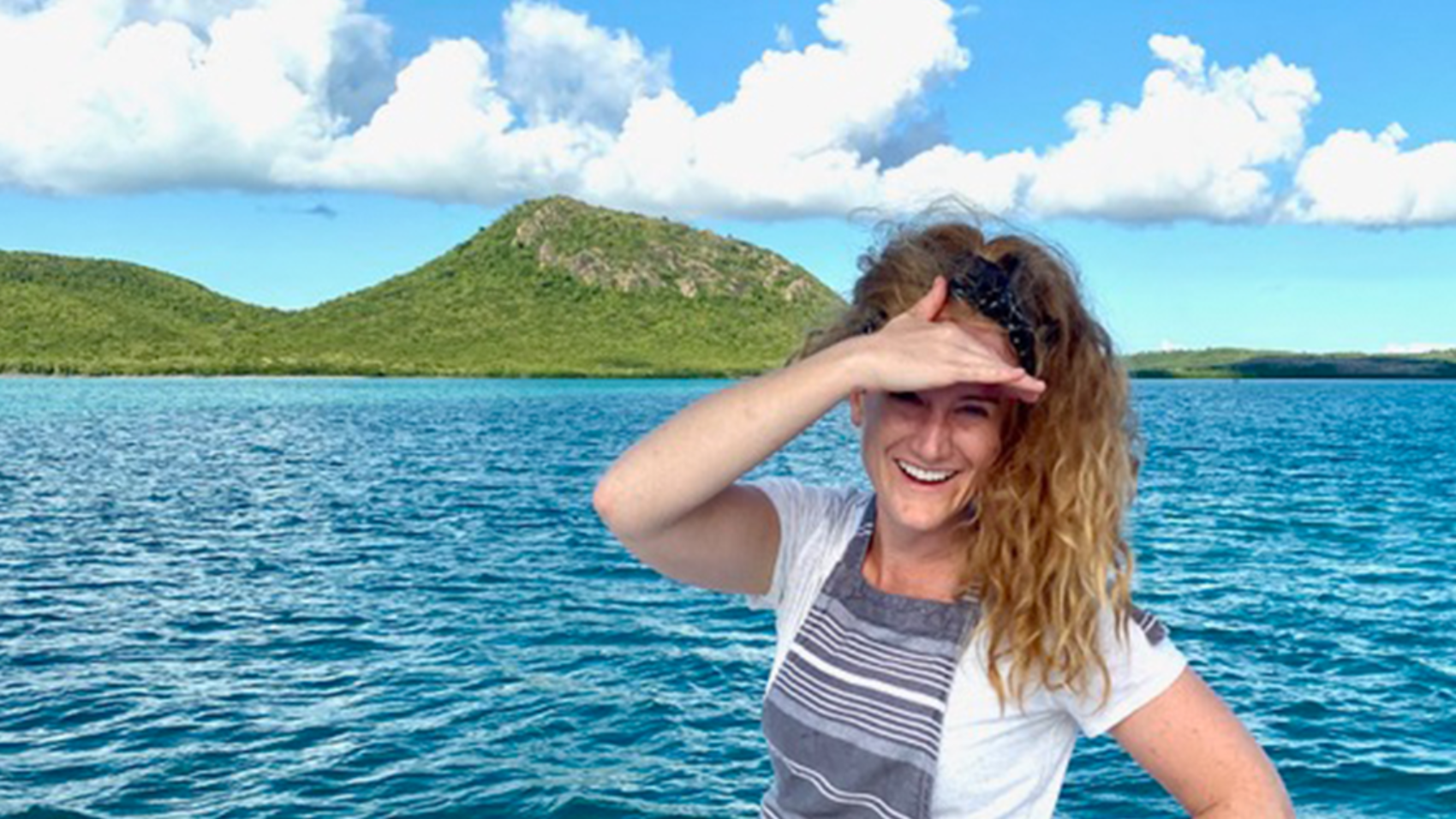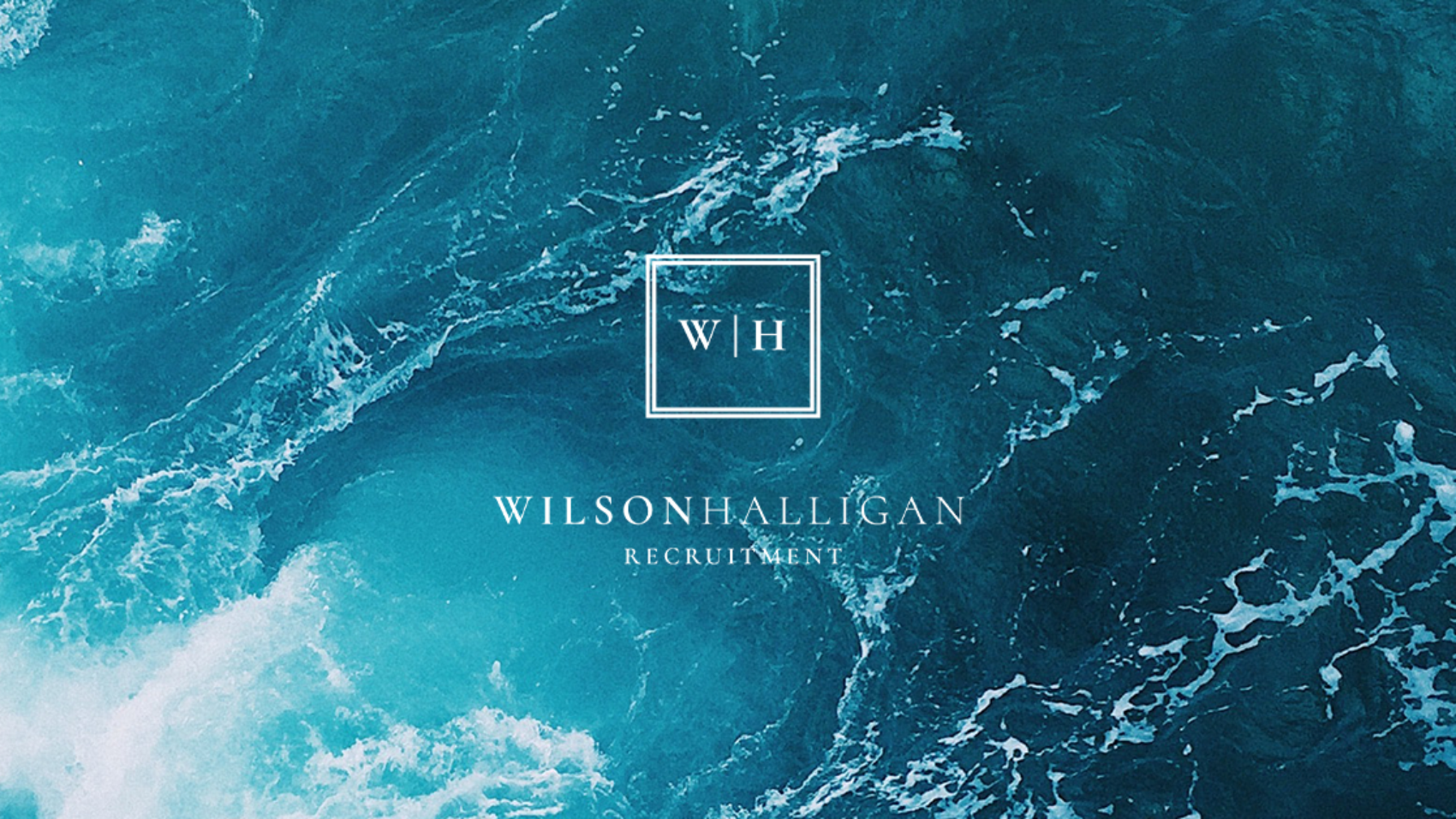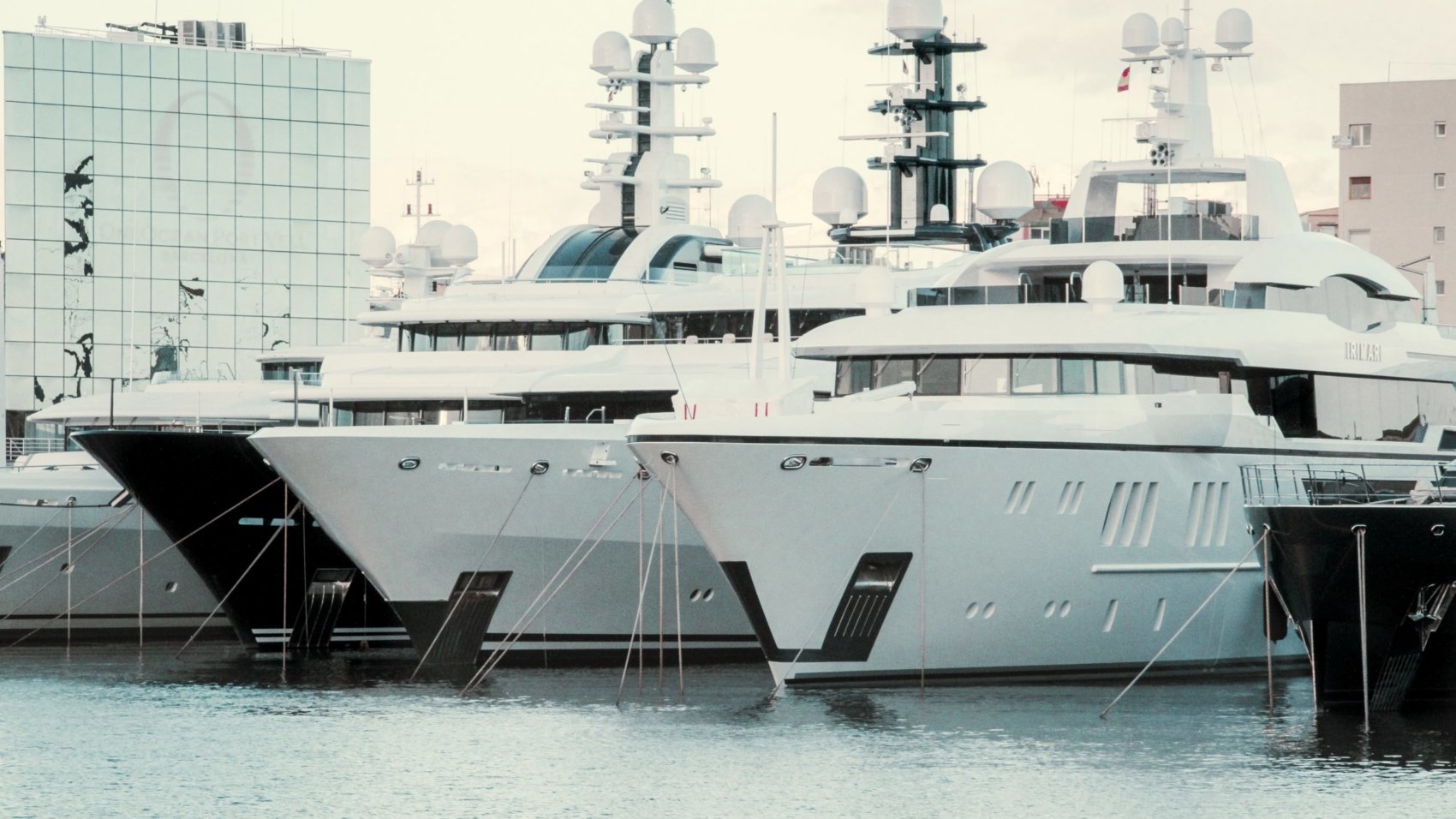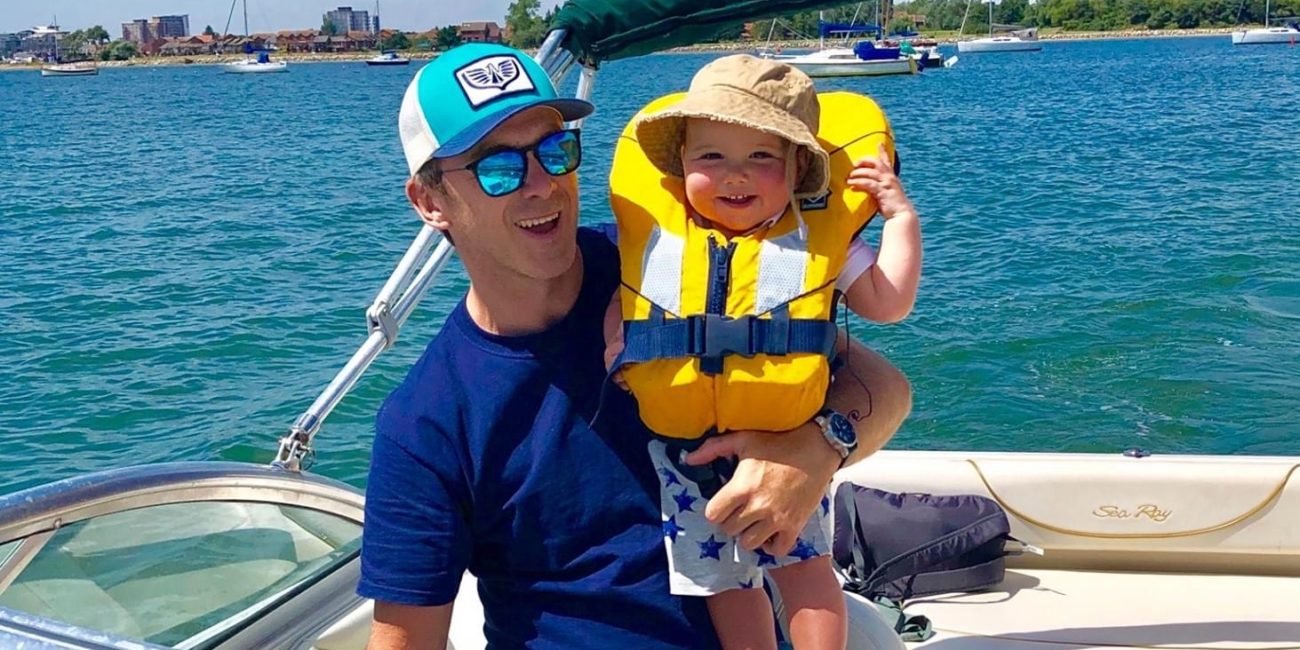You’ve most likely have seen or heard of Grace Dvornik if you work in the yacht industry. Grace is a very influential freelance yacht chef who has created a name for herself in the industry. Grace has been honoured as a top 3 finalist at ACrew in 2020 and a nominee in 2021. Plus, Grace has been featured in several media outlets, including the Daily Star, Superyacht Chef, Flightless, Dockwalk, Oceanscape, Luxury Lifestyle magazine and many more! If you do not know about Grace by chance, CrewPass was lucky enough to interview Grace Dvornik, who is officially a CrewPass Approved crew member!
Introduction:
I’m Grace Dvornik, a freelance chef from Clearwater Beach, Florida. I have worked on boats for about 7 years and as a yacht chef for 5 years. In addition to yachting, I also frequently work as a personal chef on private estates. When I’m not working, I enjoy watching Hallmark movies with my grandparents, visiting Saturday morning farmer’s markets, and volunteering as a scuba diver at a local aquarium/marine animal hospital.
Can you describe what a typical yacht charter looks like as a freelance yacht chef?
When working freelance, being able to adapt to your new surrounding and having the ability to improvise are crucial as no one contract is the same as another! Typically when I’m hired, I try to get as much information as possible about the itinerary of the trip and the food preferences of the yacht owners or guests. Preference sheets are a big help and, after speaking with the captain first, I try to set up a call with the yacht owners or send them an email to introduce myself and discuss the trip. Sometimes, I’ll even look up pictures of the style of yacht to gauge what kind of galley I’ll be working in. Before arriving at the yacht, I plan a tentative menu and place orders for provisions, as usually I arrive 24 hours or less before guest arrival. After guests depart, I organize and clean the galley before I leave to try to leave it in the best shape possible for the next trip.
“Being as prepared as possible beforehand and consistent communication during the trip paves the way for a successful contract.”

How did you get into the industry?
I started sailing right out of college after applying for a job on a gaff-rigged schooner as a deckhand/prep cook on a whim. What was supposed to be a 3 month summer job ended up paving the way for my long-term career. I did 3 seasons as a deckhand/mate on charter sailing vessels before transitioning into yachting and landing my first chef job on a 64ft sailing yacht. I had the goal to get into the yachting industry for over a year before getting my first contract and obtained my STCW, ENG1, Powerboat Level 2, and Advance Medical Care Provider certificates. Once I hand my certificates, I signed up with as many yacht agencies as I could to make industry contacts.
What made you want to be a yacht chef in the first place?
I loved working on sailboats and noticed that while working as a deckhand, I was spending a lot of time in the galley watching and helping the chefs. I had always had an interest in and love for cooking, and I thought that becoming a yacht chef would allow me to have a long-term career in the industry. My passion for cooking, paired with my sailing experience, was what led to my first job as a yacht chef.

Why did you choose to do freelance?
After I left my first full-time position because the boat was put up for sale, I went to a chef academy to gain additional experience. I decided to start taking short term/freelance jobs before committing to a permanent contract to see what types of boat I liked working on best – sailing vs motor, private vs charter, different size crew, etc. While on the search for the perfect job, I realized that working freelance was the perfect job for me. Freelance contracts allowed me to work on a variety of boats, meet more people, and travel to interesting places that I likely would not have been able to had I stayed with one program long term.
What are the pros and cons of working on a yacht?
Pros of yachting: meeting interesting people and travelling to incredible locations that you wouldn’t other have the chance and low personal expenses while getting excellent pay and tips.
Cons of yachting: tight crew accommodations, being away from friends and family, and missing events like holidays, birthdays, and weddings.

What job would you want to do if you weren’t a yacht chef?
If I weren’t a yacht chef, I’d want to fulfil my childhood dream of being a yoga teacher while working in a smoothie shack on the beach in Costa Rica (but I think there’s still time for that dream to become a reality).
What is the go-to meal or food item that you like to make?
Key lime pie! I’m most known for my key lime pie with a graham cracker crust. It’s my personal favorite, and whether it’s my clients’ favorite dessert or the first time they’ve tried key lime pie, it’s always a hit!
What would you say is the most challenging meal you’ve cooked?
The most difficult meal I’ve had to cook was when I had a Middle Eastern prince and princess as charter guests in the Caribbean. The prince requested a sheep to be slaughtered and butchered for him onboard! Thankfully, we did not procure a live animal due to a miscommunication with a local farmer, but I had to butcher the sheep using a hacksaw. I had to saw through bone in order to break down the rib rack into lamb chops that could fit in a frying pan. At the prince’s request, I also dissected the innards and served the heart, lungs, liver, and kidneys as the first course. Without a doubt, that is the most difficult galley task I’ve ever had to do, and I’m happy to say the prince was pleased with his meal.
Tell me a bit about your ‘Upscale Down-Home Cookbook.’
My Upscale Down-Home Cookbook is a digital cookbook containing a selection of 27 recipes inspired by dishes I prepare for clients on yachts and private estates, as well as some of my family’s favorite recipes. The name is a term I borrowed from a former head chef of mine who coined the phrase to describe the elevated comfort food style cuisine we served to our boss.
“My goal was to put together recipes that anyone could make – from the at-home cook to a yacht chef.”
Can you tell me how you come up with content for your social media?
I use Instagram to share stories about my travels for work, cooking tips & recipes, and food photos. It’s become somewhat of a social media portfolio to give people a sense of my personality and skillset. When I started my TikTok account, I used videos that I had recorded onboard over the years – mostly funny videos I had originally taken to send to friends. Some of those videos gained a lot of attention as people were fascinated with my job. I find the most authentic videos are the ones I don’t plan. Most often, I grab my phone to record clips in real-time (safety permitting, of course) of funny or interesting events happening onboard the yacht or in the galley while I’m cooking.

Were you ever background checked before working on a yacht?
I have worked on 22+ boats, and 8+ private estates over the span of my freelance career and only remember having a background check conducted for 3 of these jobs.
“I find it surprising the vast majority of superyachts do not require a background check before hiring as I feel it would provide an additional level of safety for the owner, crew, and vessel.”
Superyachts are essentially an extension of the owner’s home, so it’s crucial that those who work within their inner circle can be trusted. Background checks would provide an additional level of security, and I feel that CrewPass could be the new standard for yacht crew certifications along with the STCW and ENG1.
Lastly, what advice would you give to someone wanting to become a yacht chef?
My best advice to anyone interested in becoming a yacht chef is to create a portfolio! Having sample menus and pictures of your food shows captains and yacht owners your style of cooking and what you are capable of creating. They are often requested during interviews so having a portfolio ready streamlines the hiring process and helps you market yourself.

We want to say a huge thanks to Grace for taking the time to provide these valuable answers. If you want to find out more about Grace or you would like to get cooking inspiration check out Grace’s website and social media pages:
https://www.gracedvornik.com/
https://www.instagram.com/gracedvornik/
https://www.facebook.com/gracedvornik
@gracedvornik (TikTok)
Not only is Grace Dvornik an excellent yacht chef, but she is also CrewPass Approved, which means Grace has completed and passed her background check and has been awarded the CrewPass accreditation. The CrewPass accreditation allows employers and crew agencies to know that you are a safe candidate option. We recommend any crew members, especially green crew, to subscribe to CrewPass and get their background checks so that they can stand out from the crowd and promote safety onboard.

If you want to know more about the role of a chief stewardess, please read Brooke Laughton’s blog post or if you want to learn more about the role of a yacht captain, check out Corey Adcock’s blog post.









